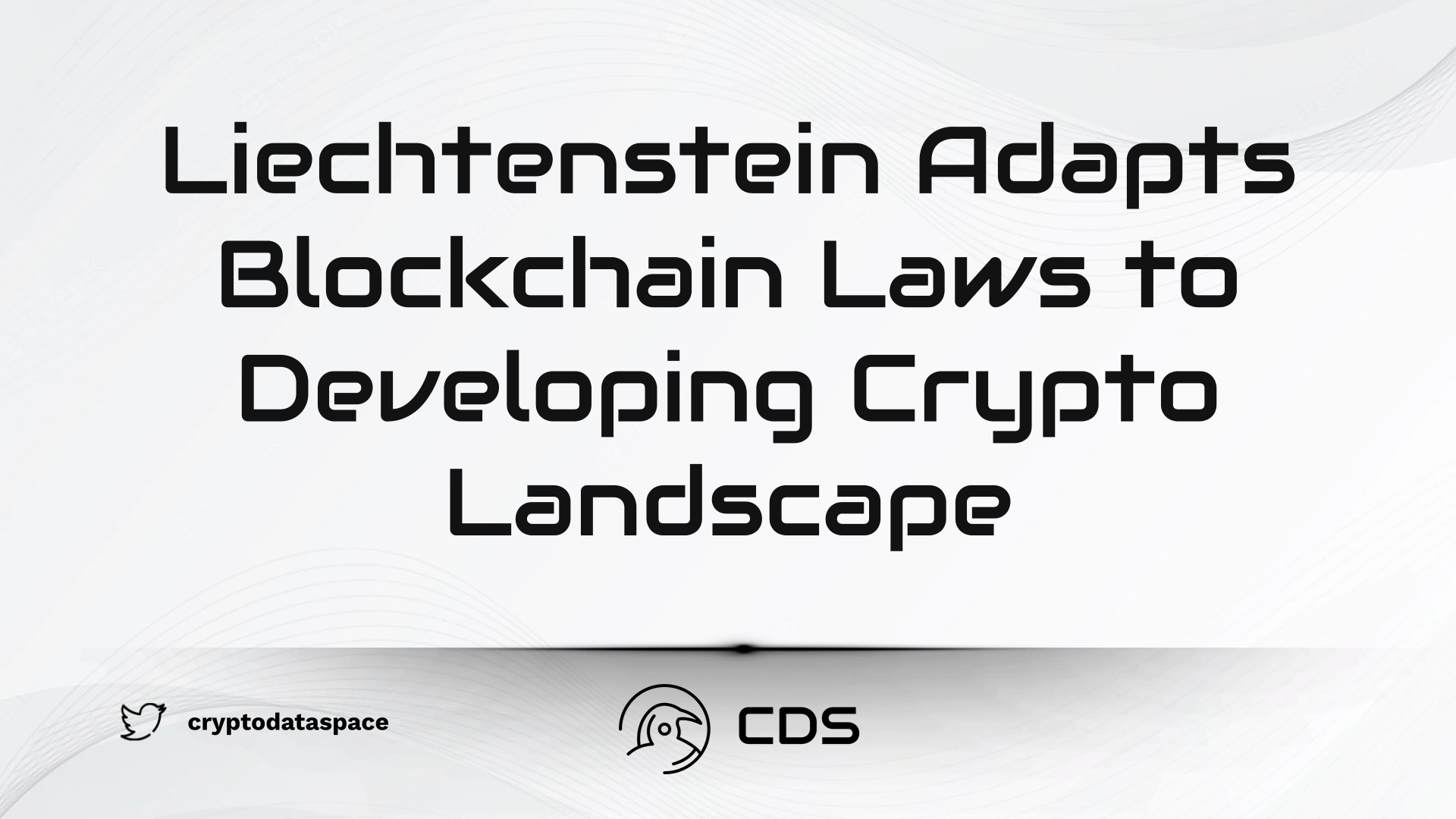Future regulation is intended to ensure uniform regulation for all European countries and covered participants.
Liechtenstein Adapts Blockchain Laws to Developing Crypto Landscape
Liechtenstein is a country located in central Europe, bordered by Switzerland and Austria, that has garnered attention from the global and European crypto communities due to its active participation in the growing and ever-changing blockchain and crypto industry.
In 2019, Liechtenstein adopted the Token and Trusted Technology Service Providers Act, or TVTG, becoming one of the first countries to establish a regulated environment for token-related services.
This has led to an increase in the number of crypto service providers in Liechtenstein since 2020, as the TVTG provides a high level of regulatory certainty and direct communication with the Financial Market Authority.
Additionally, Liechtenstein’s crypto-friendly environment has made it an attractive location for companies looking to establish and grow their crypto business. It remains to be seen whether the upcoming MiCA regulation will be compatible with Liechtenstein’s Blockchain Act, and whether the government will tighten the law following the collapse of major crypto businesses like FTX, Celsius, and Three Arrows Capital.

First Comprehensive National Token Law
During the period from 2016 to 2018, the blockchain and crypto industry faced significant uncertainty due to governments around the world being in the early stages of developing regulatory frameworks for digital assets. In this environment, the announcement by the Liechtenstein government that it viewed blockchain technology as promising was quite remarkable.
The release of the draft law also clarified how Liechtenstein would handle tokens. Specifically, Liechtenstein was the first country to legally regulate tokens as an instrument with the Token Container Model (TCM) and to classify tokens differently based on their functionality (utility, security, or payment tokens).
According to Dünser, the mere clarification that not all tokens are financial instruments has generated “enormous positive feedback” from the industry and created “greater legal certainty” in the application of financial market laws. He explained that defining tokens, regulating ownership and possession, and establishing delegation and transfer rules have not only clarified fundamental legal issues but also “set the foundation for established financial institutions” like banks, custody services, and exchanges to use tokens.
Furthermore, Dünser highlighted the significance of the “semantics” of the Blockchain Law:
“It created a common language space, which was crucial for technical and regulatory discussions about crypto and blockchain between authorities and market participants.”
The Liechtenstein regulators have considered the trend of decentralization in the Blockchain Act. The TVTG is characterized as “open for innovation” and flexible, utilizing a principle and role-based approach instead of the typical rule and business model-based regulation, making it “technology-neutral.”
According to the Blockchain Act, activities are subjected to regulatory requirements if they present risks to users, regardless of the business model employed. As a result, service providers must consider how to mitigate the risks themselves, whether through technology or human resources. Dünser said:
“Given the rapid pace of technology-driven innovation, the ability of the legal system to innovate is critical. Without it, we not only slow down innovation but also face considerable legal uncertainty. Neither of these can be in the interest of states.”
Liechtenstein’s regulators have set up an innovation framework through the state innovation process and the Regulatory Laboratory at the FMA. According to Dünser, this framework has been “extremely successful.”
However, since significant financial market laws in the European Economic Area are defined at the European level, similar structures are needed for the entire regional regulatory system.

Similarities Between The TVTG and MiCA
MiCA represents a significant move towards a unified European regulatory system, with the TVTG serving as a model for MiCA. The Token Container Model, licensing requirement for offering particular blockchain-related services, and information requirements for public offerings of the TVTG are all incorporated into the MiCA draft.
As a result, Dünser believes that there should be no significant changes to current practice in Liechtenstein once MiCA is implemented, and the two laws will be compatible. Newly regulated crypto service providers under MiCA will no longer need to comply with the Blockchain Act.
“Like Liechtenstein, the EU Commission sees the token economy — in addition to financial market applications — as a great opportunity for Europe.”
Liechtenstein’s experiences have proven to be relevant for European lawmakers, resulting in lively discussions between both sides. Many regulatory philosophical similarities between the TVTG and MiCA have emerged, including the token container model, role-based and principle-based regulation, and openness to innovation.
However, Dünser emphasized the need to differentiate between the civil law and supervisory law components. MiCA only addresses the prudential components, and each member state must clarify the civil law foundations.
The Blockchain Act, on the other hand, already provides a comprehensive and robust legal framework for all types of tokenization, including equity tokens, other crypto assets, NFTs, and other tokenized rights.
“We are prepared to act” – Dünser
Dünser expressed that instead of overregulating, Liechtenstein should avoid tightening rules for the crypto market after the FTX crash and other major collapses in 2022. He mentioned that the custody of tokens and legal separation in the event of bankruptcy are already regulated by the Blockchain Act.
However, Dünser agreed that certain adjustments are necessary. He emphasized that unregulated staking, borrowing, and lending of customer tokens by crypto exchanges pose greater challenges, particularly because it is not regulated in many jurisdictions.
In contrast, activities involving money are regulated by credit institutions in the European Union, but this does not apply to crypto service providers. MiCA also does not address this issue, at least not yet.
“In my view, this regulatory gap should be closed urgently. We are following and monitoring this development closely and are also prepared to act.”
To access more crypto news: cryptodataspace.com
References
















1 Comment